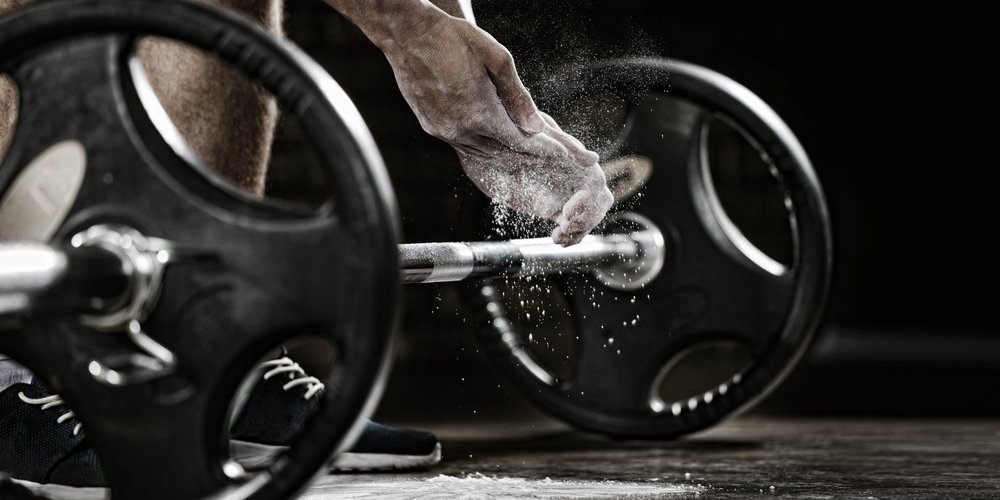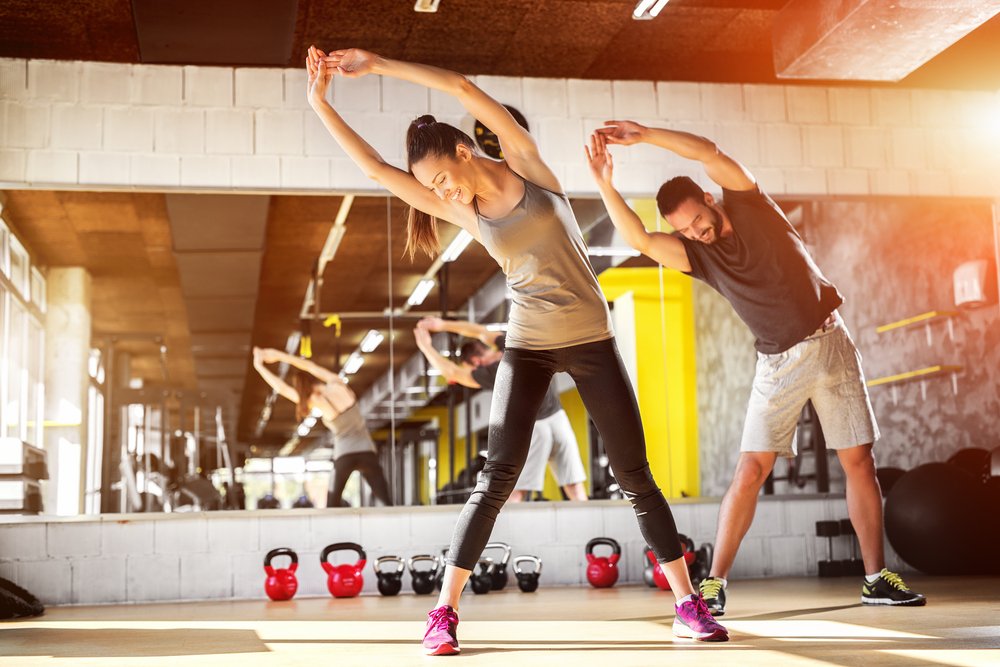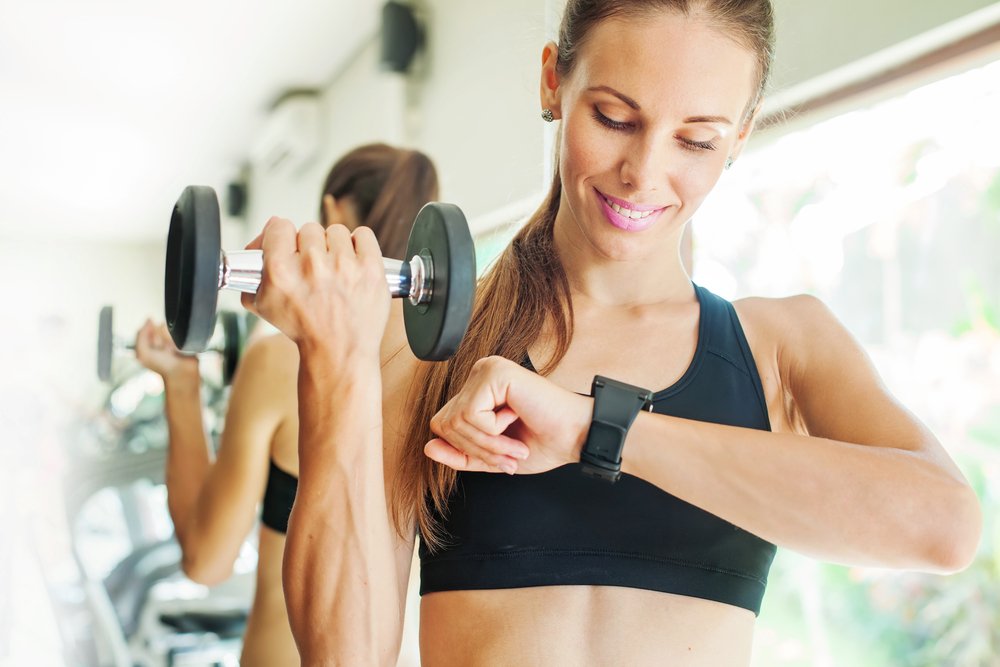
Sleep & Training: Everything You Need To Know
This is going to sound odd but bear with us. You don’t get fitter in the gym, you get fitter when you sleep. A weird way to begin a fitness article we know. But studies show that all your efforts between the treadmill and the weights rack simply provide your body with the stimulus needed to get faster, stronger and fitter. It’s actually the time you spend between the sheets sleeping when the magic really happens.
That’s because research shows it’s during this key period that you actually recover and become fitter. Rejuvenating hormones like the Growth Hormone naturally peak during sleep. Your immune system recovers, preventing you from getting ill. Even critical neurotransmitters of the brain are replenished to keep you motivated.

For all these reasons and more, the following article may be the best form of bedtime reading ever written, and here’s why.
Firstly, to highlight the importance of sleep—and to use an extreme example—scientists (C.M Shapiro et al, 1981) monitored the sleep patterns of athletes following a 92km marathon in six test subjects. Results showed the total sleep time increased drastically compared to normal sleep patterns (typically seven hours) on each of the four nights after the marathon, illustrating the body’s desperate need for quality sleep to recover.
Using an electroencephalogram (EEG), where electrodes measure electrical activity in the brain, they specifically found long periods of deep sleep were induced on the first two nights. This led researchers to conclude that this objective and quantitative increase in total sleep time, and particularly in deep sleep, supports the theory that it’s incredibly important for optimal recovery in athletes.
So, why do we need so much sleep after periods of hard training? Well, firstly we need to understand what happens to the body during periods of physical exertion. In a brief scientific-literary nutshell, when you train at a high intensity, your oxygen usage skyrockets—as is evident from your heavy breathing. This causes a dramatic increase in lactic acid accumulation in the muscles—that burning sensation you get as you fatigue.
This in turn causes your body to pull alkaline reserves from bones and other mineral-dense sources. Equally, tiny micro tears are formed in the muscles when you lift weights and the body’s molecular form of energy—Adenosine Triphosphate—becomes exhausted.
Needless to say, your body has a lot to cope with. Thankfully, the world of sports science teaches us that sleep helps through a variety of mechanisms. Now whilst there are many to consider, the two listed below are thought to be absolutely critical for helping the body become fitter, healthier and ultimately ready for the next session.
One of the most revitalising hormones in the human body is the Growth Hormone – linked to everything from fat loss, muscle tone, immune health and even the elasticity and firmness of your skin. Basically, anything that naturally spikes this is generally considered a good thing. This is why the research published in the Journal of Clinical Investigation is so important, especially when in 1968 they discovered that ‘sleep results in a major peak of Growth Hormone secretion’. What this means is, should you not get enough of it, then you’re depriving your body of a hormone shown to directly influence sports and gym performance.
Next we explore the mental, cognitive impact sleep can have on our training. Now, no doubt you’ve experienced that almost stale feeling in the gym. You can’t quite explain it, but you’re not that motivated to attack the treadmill or the weights room. It’s like the mind is willing but the body can’t be bothered. You’re basically not getting any fitter, faster or stronger that day.
Well, research shows it could be because of lack of sleep and your inability to replenish neurotransmitters. Neurotransmitters are chemicals that transmit signals from a neuron to a target cell across a synapse within the body. They’re very important since they regulate a number of physical and emotional processes such as mental performance, emotional states and pain response. In fact, to illustrate just how important they are, practically all functions within the body are either directly controlled or certainly affected by neurotransmitters. They’re the brain’s little chemical messengers, and without them working efficiently you won’t be very productive in life, never mind the gym.
Basically, if you don’t sleep, you will have the hormonal ‘handbrake’ when training—both in terms of Growth Hormone and neurotransmitters.
In summary, will optimal sleep help you in the gym and to become fitter? The simple answer is yes. Perhaps best illustrated by a study conducted at the Stanford Sleep Disorders Clinic and Research Laboratory at Stanford University, USA who examined the effect prolonged sleep had on elite basketball players’ performance.
Researchers instructed six basketball players to obtain as much extra sleep as possible following two weeks of normal sleep habits. A quicker sprint time and better accuracy during a free-throw were recorded following the prolonged sleep period. Subjectively, athletes also reported better mood states (not surprisingly related to neurotransmitters) noting an increased sense of vigour and decreased sense of fatigue.
Interestingly, although still with a small number of test subjects, the same group of scientists also increased the sleep time of swimmers to 10 hours per night for six to seven weeks and reported that in the 15 metre sprint, reaction time, turn time and mood all improved. This led to the conclusion that increasing the amount of sleep an athlete receives may significantly enhance performance.
All things considered, it seems we should be placing just as much emphasis on our sleep patterns as we do our gym routine. When we do, we’ll become fitter as a result.
References:
• Shapiro, C.M., R. Bortz, D. Mitchell, P. Bartel, and P. Jooste (1981) “Slow-wave sleep: a recovery period after exercise.” Science 214:1253-1254.
• Mah, C.D., K.E. Mah, E.J. Kezirian, and W.C. Dement (2011) “The effects of sleep extension on the athletic performance of collegiate basketball players.” Sleep 34:943-950.
• J. F. Sassin, D. C. Parker, J. W. Mace, R. W. Gotlin, L. C. Johnson and L. G. Rossman (1969) “Human Growth Hormone Release: Relation to Slow-Wave Sleep and Sleep-Waking Cycles.” Science 1 August 1969: Vol. 165 no. 3892 pp. 513-515
• Ishigaki T, Koyama K, Tsujita J, Tanaka N, Hori S, Oku Y. Plasma leptin levels of elite endurance runners after heavy endurance training. J Physiol Anthropol Appl Human Sci. 2005 Nov;24(6):573-8.
• Barron JL, Noakes TD, Levy W, Smith C, Millar RP. Hypothalamic dysfunction in over trained athletes. J Clin Endocrinol Metab. 1985 Apr;60(4):803-6.
• Lehmann M, Foster C, Keul J,. Overtraining in endurance athletes: a brief review. Physical Fitness and Performance, Medicine & Science in Sports & Exercise. 25(7):854-862, Juli 1993.
• Kuipers H, Keizer HA. Overtraining in elite athletes. Review and directions for the future. Sports Med. 1988 Aug;6(2):79-92






No Comments yet!